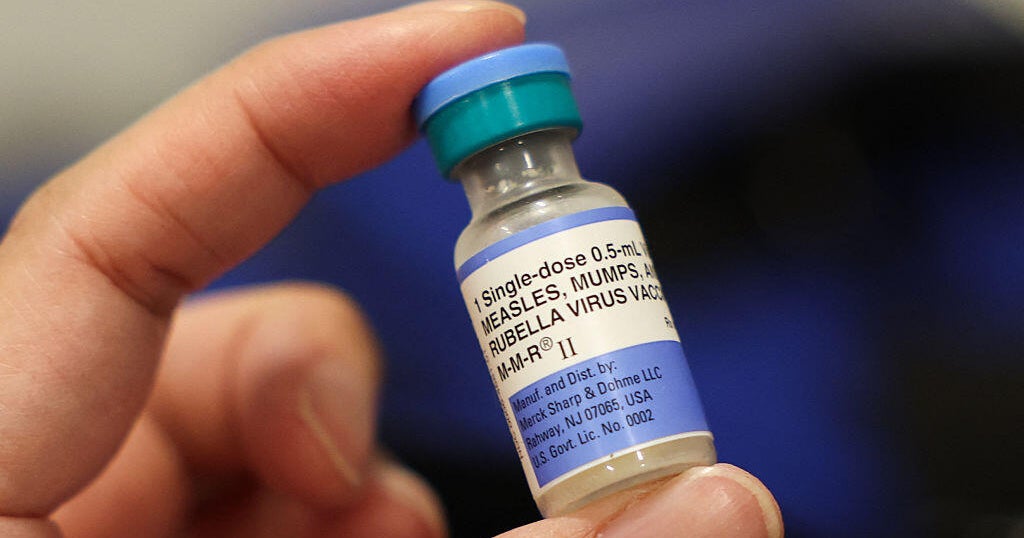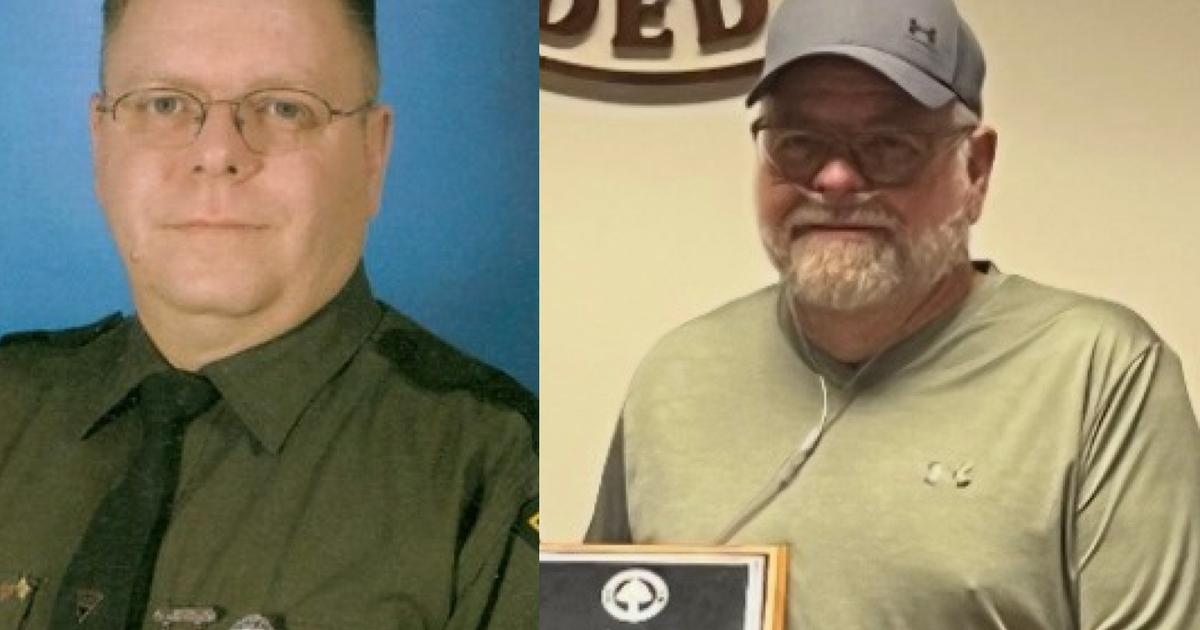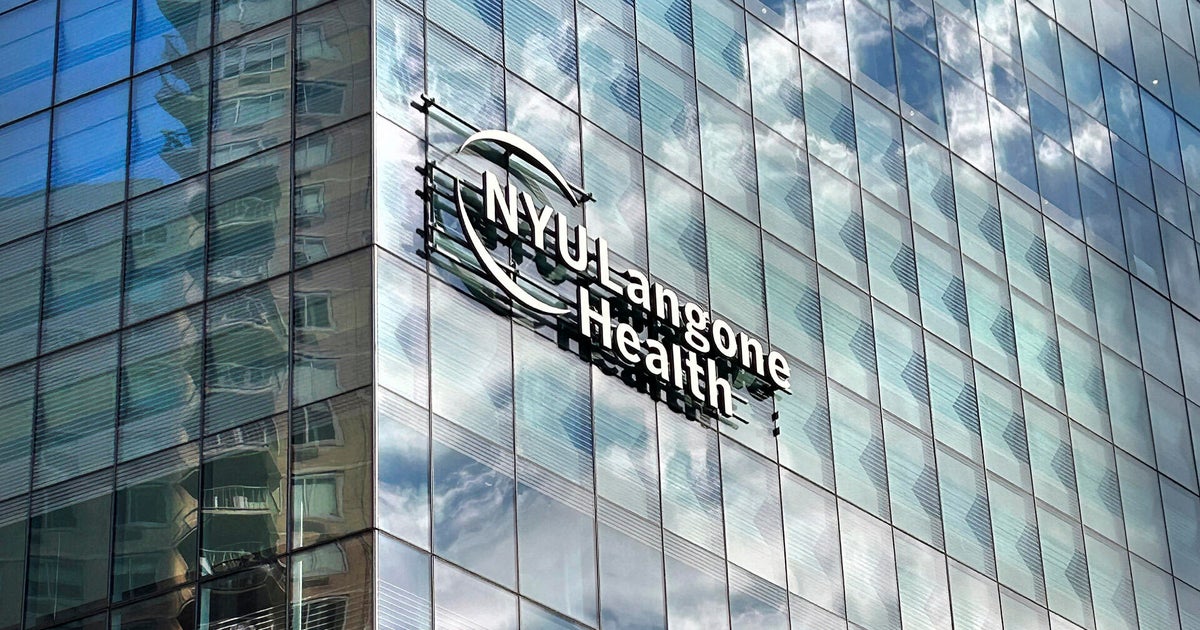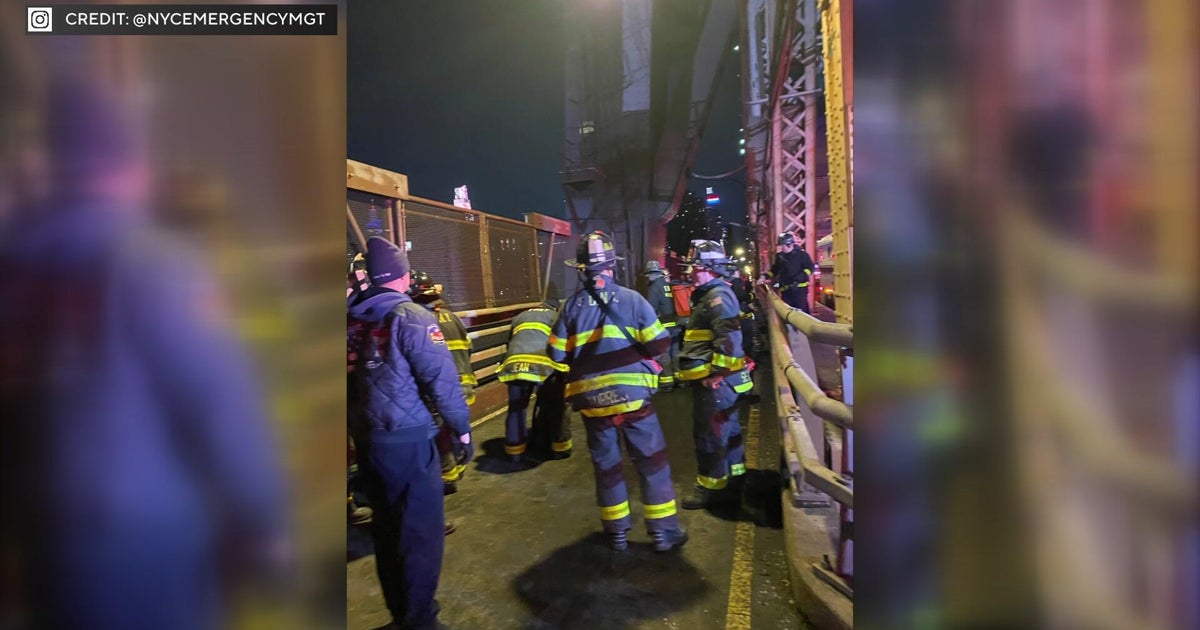Number of new 9/11-related cancer cases increasing, medical experts say
NEW YORK -- Doctors say the number of 9/11-related cancers is on the rise.
They tell CBS2's Jennifer McLogan the consequences of being exposed to toxic materials can take years to emerge.
McLogan spoke with retired NYPD sergeant Robert Garrity, 53, moments after meeting with his radiologist.
"I have a couple of weeks to make a decision, whether I'm gonna have surgery or radiation or a combination of both," he said.
Garrity was just diagnosed with an aggressive prostate cancer, emerging 21 years after 9/11, linked to the terrorist attacks and his weeks inhaling toxic ash at Ground Zero.
He and hundreds of other first responders are shocked that they are now developing cancerous tumors.
"It's not a shock to the medical community because we know that cancers take a long time to develop," said Dr. Jacqueline Moline, with the World Trade Center Health Program at Northwell Health.
Certified 9/11-related cancer cases more than doubled in the past four years, according to the Centers for Disease Control and Prevention.
"People are getting sick now at an alarming rate," Garrity said.
"There's nothing worse than having to give a patient bad news," Moline said.
After two decades, Moline is diagnosing new first responder skin cancer, prostate cancer, thyroid cancer and multiple myeloma.
The toxins that people were exposed to can spread throughout the body, damaging DNA and altering the way cells function.
"I already had two skin cancers. I've had two sinus operations," Garrity said.
The World Trade Center Health Program provides free care and screening, but there is a fear the medical fund is running low. There are over 100,000 being monitored and more need testing.
"It's imperative to get yourself checked out. Even though it's 21 years later, this is when these cancers manifest themselves," Garrity said.
Catching it early means survival rates are much higher.








